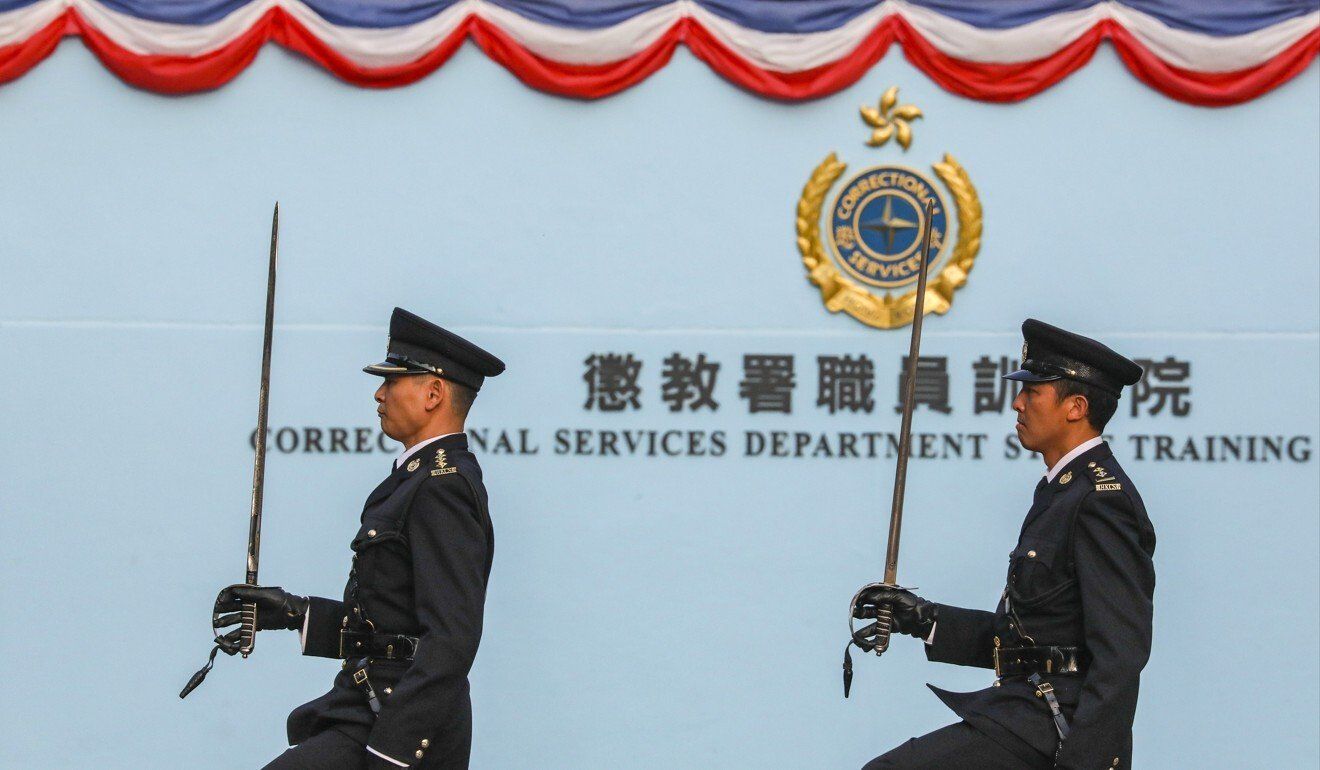Hong Kong News

Police, firefighters, others, should get pay rise, government committee says
Most officers in Hong Kong’s disciplinary services should get a pay rise, a government review has recommended.
Officials said the increase was needed to attract and retain talent, with the increasingly complex jobs involving more hardship since the eruption of the social unrest in 2019.
After reviewing the pay scale and grade structure for seven disciplinary forces, the Standing Committee on Disciplined Services Salaries and Conditions of Service submitted its 268-page report to Chief Executive Carrie Lam Cheng Yuet-ngor on Wednesday.
The committee made a raft of recommendations on pay scales and increments after looking into the uniqueness of the disciplined services, the major changes and challenges in the nature of their responsibilities and the operating environment, as well as the general trend of recruitment and retention.
 The proposal covers all junior and middle-ranking grade officers, and some commanders.
The proposal covers all junior and middle-ranking grade officers, and some commanders.
The proposal, which covers all junior and middle-ranking grade officers and some commanders, came as Hong Kong extended the pay freeze of 170,000 civil servants for another year amid an economy struggling under the weight of the coronavirus pandemic.
Currently there are 63,000 disciplined services officers belonging to 29 grades and more than 100 ranks, but also over 7,100 vacancies. More than 2,110 officers retired or resigned in the past financial year.
The report suggested raising the minimum and maximum salary grades of different ranks of officers from seven forces.
Among the entry-level ranks, immigration officers and ambulance officers would see the biggest jump in their basic salary, which would be increased from grade 5, HK$36,655, to grade 7, HK$41,380.
Police inspectors, whose pay scale is currently set at grade 23, or HK$44,910, are recommended to jump one point to grade 24, earning HK$46,295.
A police constable will be paid HK$810 extra, or HK$26,190, under the proposal, while a firefighter will receive HK$23,045, or HK$640 more.
On the salary cap, a police station sergeant could earn up to HK$69,535, or HK$7,195 more than the current pay scale. This compared to the maximum HK$56,025 earned by a customs officer of the same rank, under the recommendation.
The report said the disciplined services had embraced several changes over the past year, which included the polarisation of Hong Kong society and the popularity of activism, which have led to an upsurge in the number of protests and large-scale public order events in recent years.
This exacerbated the difficulties and complexity of the law enforcement duties of disciplined services staff, the report stated.
It added disciplined services have important responsibilities under the national security law, which was imposed last June. The new requirements under the law not only increased the breadth and depth of the functions and duties of the police, the report said, but also placed unprecedented demands with new and difficult challenges, making police work more complex.
“We trust that our recommendations, if implemented, will render the remuneration packages of the disciplined services commensurate with the present-day demand on them, as well as the complexities and hardship inherent in their work, and will enable the disciplined services to attract, retain and motivate talent of a suitable calibre,” Chui Hong-sheung, the committee chairman, said.
“The whole community will benefit from the long-term, healthy development of the disciplined services.”
The report also supported the proposals of creating one additional deputy post in the department of immigration, fire services, customs and correctional services.
Currently police enjoy an independent pay scale and higher grade points. Previous studies in 1988 and 2008 have ruled that police work is unique from other disciplined services and deserving of higher pay.
Last year, customs and correctional services representatives described feeling “abandoned” and discriminated against by the government, and argued their officers should be paid just as much as members of the police force.
But the committee had ruled out the parity of pay, as well as an independent pay scale for the fire and correction services, saying direct comparison of disciplined services grades was not appropriate.
Unions approached by the Post said they needed time to study the report before making any comments. The city’s leader, and the Civil Service Bureau, said they had received the reports and would review the committee’s findings.











